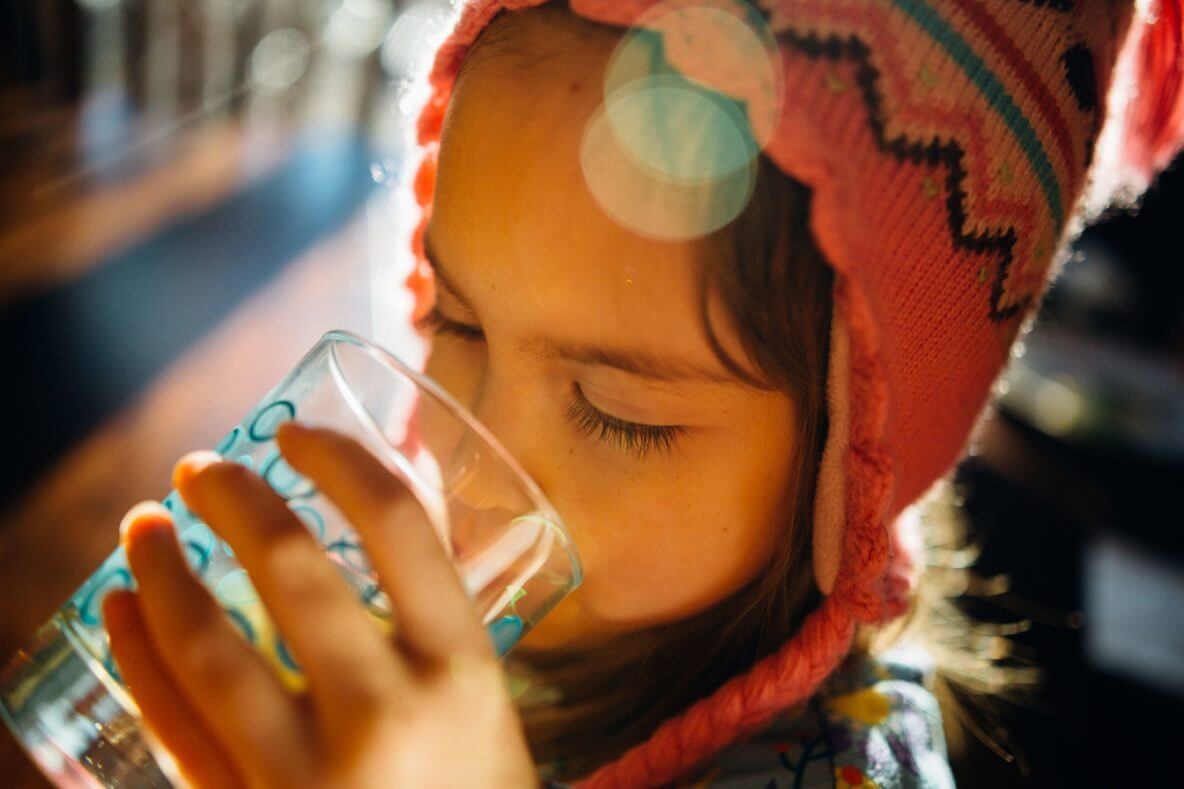
Inhaltsverzeichnis
You can make a difference!
The problem
Climate catastrophe, environmental protection, sustainability, zero waste, minimalism. All these terms can be overwhelming. Everything seems so topical and urgent. "We're running out of time," "When will something finally change?", "Future generations are doomed" – these are all phrases that are frequently heard in connection with the aforementioned topics. Almost everyone who even slightly engages with these problems eventually asks themselves what they can do and how they can make a difference.
When you talk to other people about topics like meat-free diets or environmental protection, you quickly hear the statement: "It won't change anything in the world if I suddenly stop eating meat/give up straws/travel less by plane/...." And because too many people think this way, we live in the world we live in. I can understand the approach behind this thought. After all, in our society, we often get the feeling that an individual is insignificant. The world seems vast, and these problems should be solved by "powerful" people like politicians.
What's behind it...
...but it's actually fear. It's easier for me to ignore or deny difficult situations or problems because then I don't have to deal with them anymore. But when it comes to ignoring personal problems, it eventually catches up with us. A tax return, an argument, an illness—all of these things can't be swept under the rug forever.
When it comes to sustainability issues, however, I see two difficulties. Firstly, the effects of the problems seem to lie extremely far in the future. As a result, we fail to recognize the urgency of the problem and subconsciously think, "I can deal with that later." The second difficulty, I see, is that we don't immediately feel personally affected. We are so well off (at least in this part of the world) that we can't even imagine that things could change one day. Water, a balanced climate, and food are basic things for us that are practically always available – they are simply there. The idea that food shortages or more extreme weather conditions could occur seems so absurd that we immediately erase these images from our minds.
I think we can learn a lot from our grandparents in this regard. Many of them experienced the war firsthand—and thus its consequences. The circumstances were different, of course, and they may not have had as much influence on the situations as we do now. But often, sustainable behaviors, an appreciative approach to material and non-material things, and an attitude toward waste are things we can learn from them, or they can help us question ourselves.
By the way, you can find here some sustainability tipsthat we can learn from older generations.
Back to the point
The point is that the impacts are very much here to stay, and we are and will be personally affected. That's why it's all the more sad how many people still turn a blind eye or feel they alone can't make a difference.
What can I do?
Now let's get to how you can make a difference.

The problem with cognitive dissonance
In my opinion, one of the best things you can do is set a positive example for others. However, you shouldn't be pushy or preachy about it, because that can quickly backfire. If I accuse someone of being wasteful or polluting the environment, they immediately go on the defensive. Because in that moment, the other person's ego is hurt - the person realizes that I'm actually "right" in what I'm saying, but doesn't want to admit it - because that would make them a "bad person." Cognitive dissonance arises in the mind of the person being addressed: Their behavior contradicts what they know to be right.
This feels uncomfortable, and people have various options for resolving this cognitive dissonance. They can either change their behavior (for example, bring a reusable coffee cup to their next coffee date) or they can change their thoughts (and think things like, "This one more plastic cup won't make any difference now"). Changing thoughts is often easier in such cases than changing one's own behavior. After all, this requires time, effort, and discipline. And at this point we are back to denial of problems. People deny that one straw/plastic cup/whatever in the world makes a difference. This way, they don't have to adjust their behavior for the time being. They then react to the other person, in this example, to me, in a defensive and defensive manner – because they don't want to question their own behavior.
Do your thing!
Long story short – just do your own thing. This will rub off on others faster than you think. Simply by paying more attention to what I buy or how it's packaged, by avoiding plastic packaging or straws whenever possible, or by talking about making my own environmentally friendly cleaning product or buying my clothes secondhand, the attitudes of those around me can change. Because this time, instead of feeling attacked, they'll feel inspired. They'll think: "If she can do it, then I can too." Or: "It doesn't seem that difficult."
So you don’t have to become the perfect zero-waster or the next Greta Thunberg (although of course there is nothing wrong with that). ). Simply being a positive role model for others can change a lot. So you can make a difference—a really big one! This essentially makes you a #SustainabilityInfluencer. Okay, maybe that's not a title you'd necessarily aspire to. But the environment will thank you. And the excuse "I can't change anything anyway" is now history.
None of us are perfect. The path to a sustainable, waste-free, and environmentally friendly life isn't always easy and requires perseverance. But if you do what YOU can, you'll already be making a very positive contribution to a better world. Take the first step and see how your community changes, too. Sometimes people just need someone to show them how it's done. And that person can be you.Isn't that enough?
If you enjoyed this and would like to learn more about healthy eating, mindfulness or sustainability, Check out many more exciting blog articles on these topics here.




























Leave a comment
This site is protected by hCaptcha and the hCaptcha Privacy Policy and Terms of Service apply.